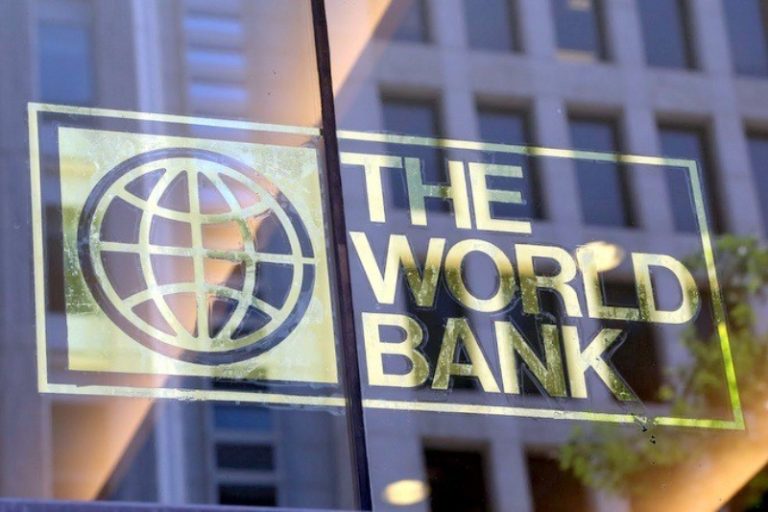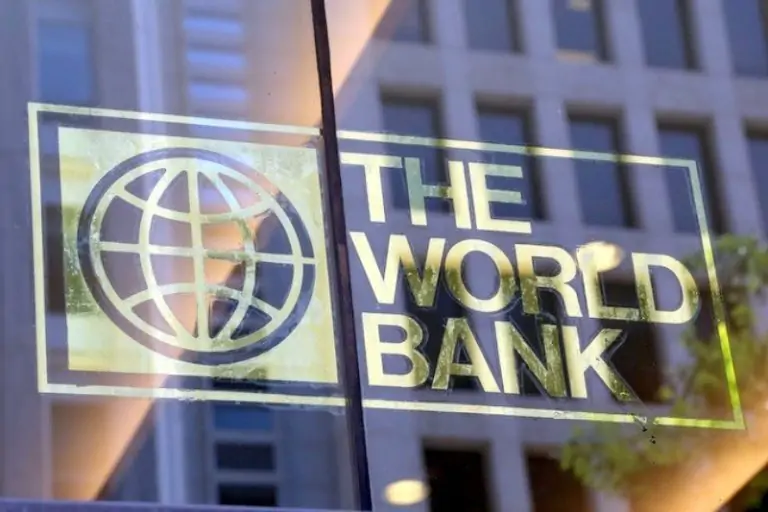

the world bank approved 2 25 billion to assist nigerias economic reforms in light of a cost of living crisis
Approved a $2.25 billion loan as a major step to help Nigeria’s continuous economic reforms and alleviate the biggest cost-of-living problem in the nation’s recent history, the World Bank This financial help seeks to increase Nigeria’s income, support economic reforms, and lessen the impact of rising poverty and explosive inflation.
Published late Thursday, the World Bank’s statement emphasized that $1.5 billion of the loan would mostly be used to safeguard millions of Nigerians who have been suffering growing poverty since President Bola Tinubu took office a year ago. Though required, Tinubu’s government has taken aggressive steps to solve the nation’s failing economy, which has caused great financial suffering for many people.
Under his direction, Nigeria’s several currency rates have been unified and fuel subsidies—which had been in place for decades—have been eliminated, signifying bold but divisive economic changes. These steps were meant to bring the economy back to stability and draw outside capital. But they also set off an inflation explosion that drove it to a 28-year high and aggravated the cost-of-living issue facing regular Nigerians.
Given the state of the economy right now, the World Bank’s loan is considered as a vital intervention. Millions of Nigerians suffering to make ends meet would benefit from the $1.5 billion set aside for poverty prevention. These money are supposed to offer quick relief and stop more decline of living standards.
The loan’s remaining $750 million would be used to support tax reforms and improve income collecting. Protecting oil income is one of the most important areas of attention as low output and ongoing theft have compromised it. Long a pillar of Nigeria’s economy, the country’s oil industry has been greatly handicapped in its ability to contribute to national income by unlawful activity and inefficiencies.
The government of Tinubu has been under great criticism from people and labor groups opposing the deplorable living conditions in response to the economic difficulties. To support its long-term economic plans, the administration declared in May its intention to ask the World Bank for financial help.
The Nigerian government is also working to increase foreign investment flows to go along with the loan. From $5.3 billion in 2022 to $3.9 billion in 2023, foreign investment dropped by 26.7% according to the Nigerian Economic Summit Group. Economic recovery and development depend on attracting foreign investment, which also generates much-needed capital and employment opportunities.
But a big obstacle is Nigeria’s enormous debt load. Public debt in the nation has about 1,000% grown over the previous ten years as a result of its dependence on borrowing to pay for social welfare projects and public infrastructure. The government depends much on outside finance since this huge debt load limits its capacity to distribute funds from its earnings to important sectors.
Notwithstanding these obstacles, the World Bank underlined the need of preserving the momentum of economic reforms started under President Tinubu’s leadership. The World Bank Vice President for Western and Central Africa, Ousmane Diagana, said that government measures have put Nigeria on a fresh course that might help to stabilize the country and pull its people out of poverty.
The secret for the Nigerian government is to strike a balance between the long-term objective of sustainable economic development and the pressing necessity to alleviate poverty and inflation. Although the loan from the World Bank offers a lifeline, it also emphasizes how urgently changes must be kept under constant progress.
The successful application of tax reforms and policies to reduce oil theft will be crucial for this endeavor since it guarantees that the primary sources of income for the nation are safe and properly controlled. Furthermore, promoting an environment fit for foreign investment will be absolutely essential for stimulating economic recovery.
A key turning point in Nigeria’s path toward economic stability and development is the $2.25 billion World Bank loan. Although it provides millions of Nigerians struggling with poverty and high living expenses instant assistance, the effectiveness of this intervention will rely on consistent reform initiatives and wise economic management. The direction of Nigeria’s economic future will be greatly shaped by the help of foreign organizations such as the World Bank as President Tinubu’s government negotiates these difficult obstacles.
The Gujarat Titans (GT) team confirmed Thursday that fast bowler Kagiso Rabada is taking an early IPL 2025 exit to…
The International Finance Corporation gives Raxio Group $100 million to accelerate their data center building efforts throughout Sub-Saharan African regions.…
The Oklahoma City Thunder secured their tenth consecutive victory by beating the Chicago Bulls 145-117. This victory raised their season…
The Board of Control for Cricket in India introduced a detailed list of cricket matches that will take place at…
Rob Walter Resigns his Position as coach for the Proteas men's team for white-ball games because personal problems needed attention.…
Starting April 2, South African drivers will get lower costs when filling their tanks as fuel prices decrease for all…
This website uses cookies.